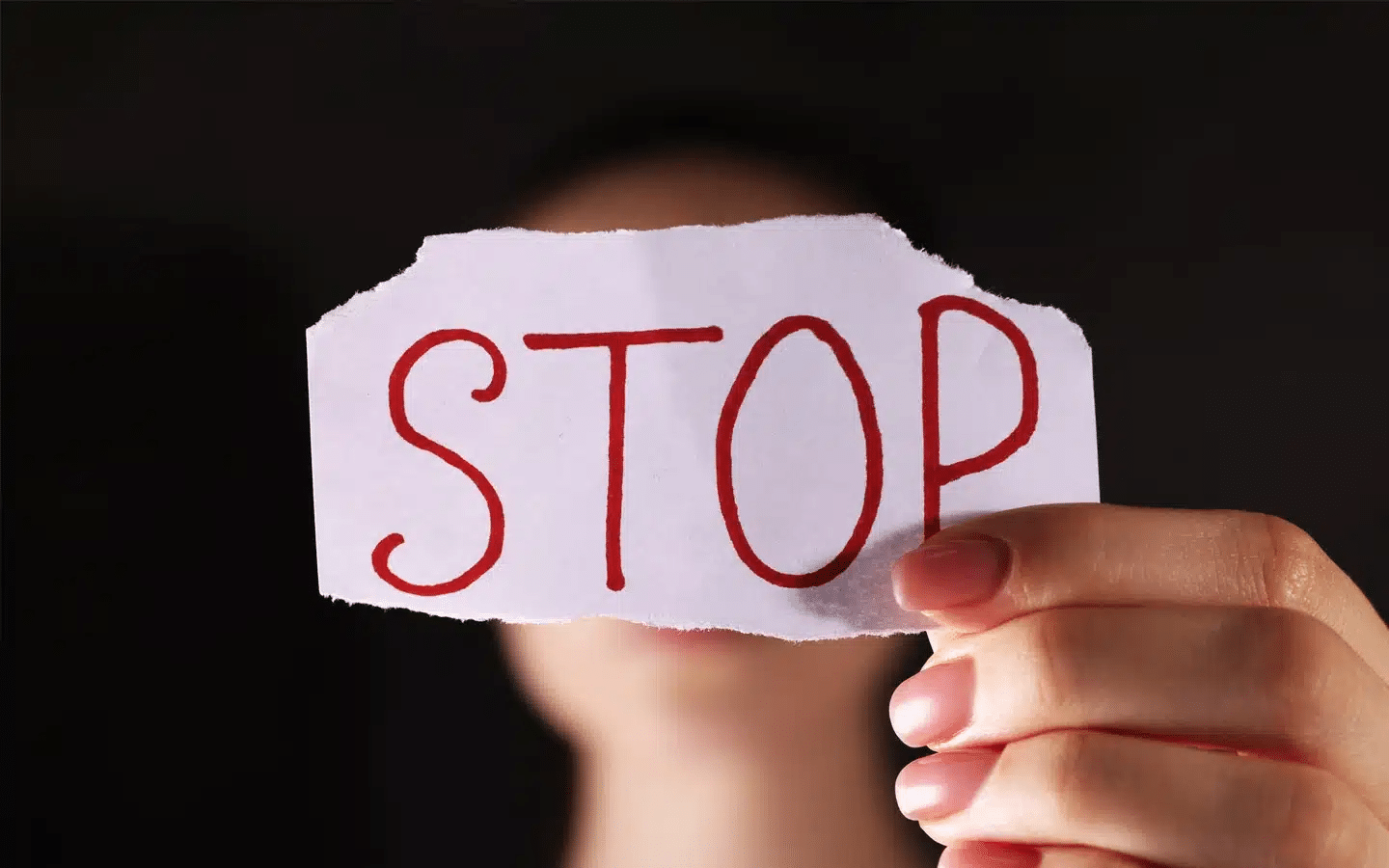
Being accused of committing any type of crime can be devastating and frightening. Suddenly, you face an uncertain future, and your loved ones may distance themselves from you based solely on an allegation that has yet to be proven. Unfortunately, despite the criminal justice’s emphasis on defendants enjoying the right to remain innocent until proven guilty, the reality is that even baseless accusations can destroy your public reputation. If you are facing domestic violence charges in Los Angeles County, it’s natural to worry about how your arrest will shape your future. First, contact a trusted and experienced criminal defense attorney to discuss your situation. Your lawyer will assess the specifics of your case and help you identify the most effective legal defense strategy to keep your future as bright as possible. You can trust that your attorney will remain by your side, working hard to uphold your legal rights at every turn. This post will explore what you can expect when facing domestic violence charges in Los Angeles County, with a specific focus on the role that evidence plays in these types of cases.
Understanding Domestic Violence Crimes in California
In recent years, California has led the nation in seeking and implementing more comprehensive legal protections for survivors of domestic violence and abuse. With more attention going toward empowering victims of abuse to leave these dire and dangerous living situations, law enforcement and prosecutors take these crimes seriously. Many people assume that domestic violence only happens within a marriage or dating relationship; however, the legal definition of domestic violence extends beyond these types of relationships. For instance, California Penal Code Section 243 specifies that violent acts (or threats of harm) between current or former spouses, dating partners, co-parents, cohabitants, parents, children, relatives, or step-relatives may all constitute domestic violence.
Penalties for Domestic Violence Crimes Under California Law
You may be surprised to realize that California law does not recognize a specific “domestic violence” offense. Instead, California criminal codes cover acts of domestic abuse, spousal battery, corporal injury on a spouse, and spousal abuse—all of which relate to one individual’s attempts to control another person in some way (i.e., through physical violence, emotional manipulation, coercive control, etc.). While many incidents of domestic violence are charged as misdemeanor crimes, the charges can escalate into felony charges in certain circumstances. For example, if the alleged incident resulted in serious bodily injury or the alleged victim was a minor at the time of the event. Additionally, repeat offenders may face more serious charges, punishable by steep fines, jail or prison time, and further restrictions on their freedom and future. Due to the serious nature of domestic violence charges, it’s best to seek legal representation as soon as possible to determine the most strategic path forward.
Types of Evidence Used in Domestic Violence Cases
As you meet with your criminal defense attorney to discuss the domestic violence charges you are facing, it’s helpful to understand the most common types of evidence that the prosecution and defense can use to make their case. Since many domestic violence incidents come down to one person’s word against the other’s, both sides must identify documents, footage, statements, and other types of evidence that best support their position. Below are just a few examples of how evidence can play a role in a domestic violence case.
Evidence at the Scene of the Arrest
Most domestic violence cases begin when an officer responds to a report of an argument or abuse. When the officers arrive on the scene, they may start by separating both parties to take their independent statements. The officers will also look for signs of injuries, property damage, or inconsistent statements that may indicate that one party may be lying. If anyone witnessed the altercation, the officers would gather their statements, which prosecutors can use to build the case against the defendant. Additionally, prosecutors may look at the transcript or audio recording of the alleged victim’s 911 call.
Follow Up Investigations and Interviews
Domestic violence cases are typically passed along to a detective, who may decide to conduct follow-up interviews with those involved in the case. As a defendant, it’s critical to understand that any statements you make can be used to strengthen the prosecution’s case against you. Before you agree to participate in any interviews or investigations, discuss the situation with your attorney. Additionally, you must avoid contacting the alleged victim for any reason, even if you just want to see how they are. Prosecutors can use your attempts to reach out to the victim as evidence of your stalking or harassing behavior, even if this was not your intention.
Questioning the Reliability of the Prosecution’s Evidence
In incidents of domestic violence, prosecutors rely heavily on the testimony of the alleged victim. While every victim has the right to be believed, this does not mean that exaggerations or false allegations do not happen. Your criminal defense attorney will examine any statements from the alleged victim and any witnesses, looking for inconsistencies or inaccuracies. Eyewitness testimony is far from perfect, and your attorney may call unreliable witness testimony into question as part of a larger defensive strategy.
It’s Time to Protect Your Future
It’s natural to feel anxious and intimidated when facing criminal charges in Los Angeles County. However, you are never alone when you enlist the guidance of a trusted and experienced criminal defense lawyer. Your attorney will answer your questions, address your concerns, and help you determine the most strategic course of action aimed at protecting your rights and obtaining the best outcome possible. Now is not the time to leave your future in the hands of fate—take control of your situation by contacting a skilled criminal defense lawyer right now.
Wegman & Levin offers effective and reliable criminal defense attorney services to clients throughout Los Angeles County. Call (818) 980-4000 today to schedule a free consultation with a dedicated and trusted criminal defense lawyer.

